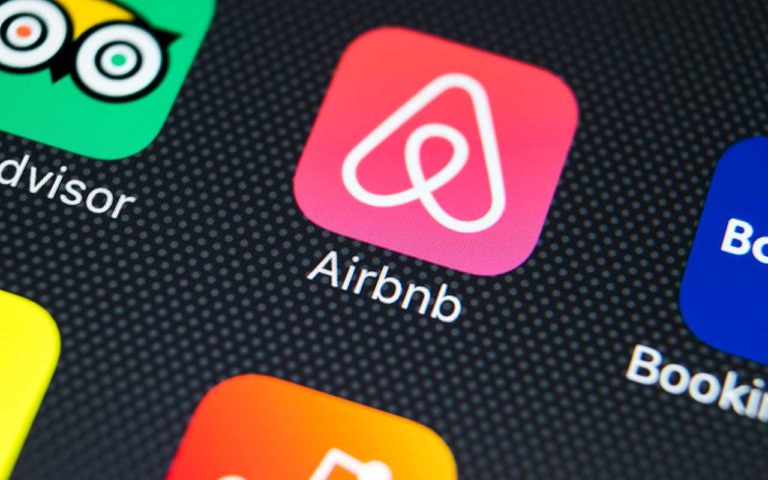Welcome Innkeepers and Bed & Breakfast Lovers
We are The B&B Team®. If you want to purchase a bed and breakfast inn, learn about starting a bed and breakfast, or you are an innkeeper looking to sell your inn or grow your business, we want to talk to you about our inn broker and consulting services.
Why call us? We are a diverse group of experienced professionals, who also happen to be friends, with one mission: to help you reach your personal and financial goals in the Innkeeping industry. As licensed real estate brokers and Innkeeping consultants with offices in several states, The B&B Team® helps you achieve the success you deserve nationwide. Come explore!
We look forward to working with you,
Eben Viens, Owner, The B&B Team, Inn Consultants and Brokers
For Sale Hotels, Bed & Breakfasts & Inns
If you’re looking to buy a Bed and Breakfast, Inn, boutique hotel, or other lodging property, you’re in the right place! We have a wonderful selection of lodging properties listed for sale nationwide and have an expert team ready to help you make your next purchase. More listings are added all the time.
Check out our latest listings, and let’s start helping you make your dream of owning a Bed and Breakfast a reality.
Looking to Buy an inn?
Are you looking to buy an Inn and dive into the thriving Bed and Breakfast industry? We represent some of the finest Inns in the country that are currently for sale and would love to help you buy the bed and breakfast of your dreams.
We don’t only work with Bed and Breakfast properties, though. We’re also experts in buying other distinctive lodging properties, including boutique hotels, cottages, and cabin rental properties. We’ve been working in this industry for decades and are experts in helping you find the perfect property for you. Come see what we can do for you!
“Having been Innkeepers since 1994, we have had a relationship with The B&B Team from our very beginnings, so it was only natural to consult with them when it came to for us to plan our exit from innkeeping.
Given our property's unique nature, we knew it would take some time and patience to find the right buyer. When that right buyer surfaced, The B&B Team was right there to bring us through the process, providing industry data and insights that affected our outcomes more positively and offering guidance to keep negotiations open and flowing to completion.
From the early days of Oates & Bredfeldt Consulting to the modern iteration of The B&B Team, we’ve always appreciated the team’s industry-leading guidance for innkeepers and support to our special corner of the hospitality and lodging sector.”Brian and Leslie Mulcahy, Rabbit Hill Inn
Innkeeping Seminars & Education
Are you thinking about buying a Bed and Breakfast, and you’re curious about industry best practices and how best to set yourself up for success? We can help! There’s so much to learn before opening a Bed and Breakfast!
We offer seminars for aspiring innkeepers, which is a great chance for you to learn everything you need to know from experts who have been there. These seminars are offered year-round all throughout the U.S.
Meet The B&B Team
The B&B Team is your full-service industry expert. We go far beyond the initial real estate transaction, and work with you before and after buying an Inn to ensure you’re setup for success. We love to share everything we’ve learned about this industry with our 100+ years of combined experience as innkeepers, brokers, an consultants.
Your success is our passion and mission, and we’re here, ready to help make your dream of owning a thriving Bed and Breakfast a reality. To learn more about us and how we can help you get started, contact us and learn more about how we can help.
The Latest From Our Blog







